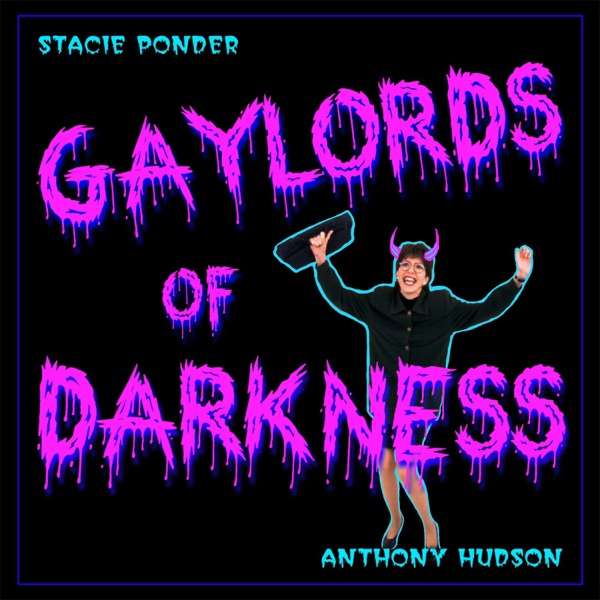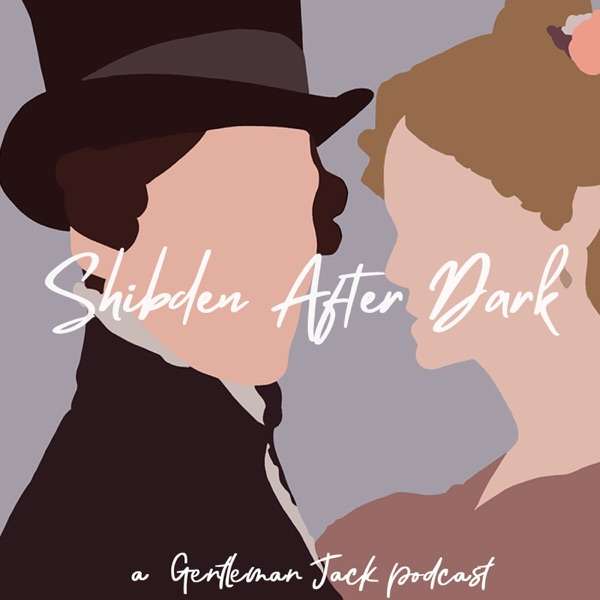Sad news today, December 3rd. Yesterday, we lost Star Trek giant D.C. Fontana. She passed away peacefully at the age of 80, reportedly after a short illness.
As a young girl of 11, Dorothy Catherine Fontana decided she wanted to become a novelist. After getting an Associate Degree as an Executive Secretarial major at Fairleigh Dickinson University, she worked her way up through the typing pool to quickly become the secretary to Samuel Peeples of Screen Gems, then to producer Del Reisman of the Lieutenant where she met and became secretary to that show’s creator Gene Roddenberry.
Roddenberry encouraged her writing, and in 1964, she published her first novel, a western Brazos River.
After The Lieutenant was canceled, Roddenberry started work on Star Trek, and Fontana came with him. She worked on it since the beginning of development. Associate producer Robert H. Justman encouraged Roddenberry to give her more writing tasks, and Roddenberry assigned her the job of writing the teleplay for an idea he had called "The Day Charlie Became God"—the premise of which she wrote into her reworked script for the episode that became "Charlie X". Other Original Series episodes she had a hand in writing or re-writing:
"Tomorrow is Yesterday", "This Side of Paradise", "Friday’s Child", "Journey to Babel", "By Any Other Name", "The Ultimate Computer", "The Enterprise Incident", "That Which Survives", and "The Way to Eden" among others…
When Steve Carabatsos, the story editor, left the production midway through the first season, she became the new story editor. At the age of 27, Fontana was the youngest story editor in Hollywood at the time, and also one of the few female staff writers.
She left the story editor position before the third season went into production: "I had told Gene Roddenberry that I did not wish to continue on Star Trek as story editor because I wanted to freelance and write for other series. I did, however, want to continue to do scripts for Star Trek. Gene was agreeable to this, and I was given a contract in February of 1968 which called for a guarantee of three scripts, with an option for three more. Whenever anyone has asked why I chose to leave Star Trek's story editorship, I have always given this reply."
However, Fontana was very unhappy with the rewrites done on her third season scripts, including "The Enterprise Incident" and "The Way to Eden" (originally submitted as "Joanna" by Fontana, featuring Doctor McCoy's daughter). She was unhappy with the way Roddenberry re-wrote the episodes they wrote together. She used the pseudonym "J. Michael Bingham" for "The Naked Now", as she was especially unhappy with the episode.
Another of Fontana's contributions to The Original Series was her discovery and introduction to Gene Roddenberry of costume designer William Ware Theiss. She was an active contributor to the officially endorsed fanzine Inside Star Trek, for which she conducted interviews with several key production staffers, most notably the one with Theiss, the only published one on record.
Over the years, she maintained a working relationship with Roddenberry, serving as his assistant on The Questor Tapes, Genesis II, and was hired as story editor and associate producer on Star Trek: The Animated Series. "Yesteryear".
She would also work on The Fantastic Journey, Logan’s Run, Six Million Dollar Man, Buck Rogers of the 25th Century, The Waltons, and finally back to Star Trek where she worked up the initial concept for the first episode of Star Trek: The Next Generation: “Encounter at Farpoint” earning a Hugo Award nomination, co-invented the "LCARS" concept, and wrote four other episodes of the season, “The Naked Now”, “Lonely Among Us”, “Too Short a Season”, and “Heart of Glory”, before departing (along with all the Original Series production staff) due to the meddlings of Roddenberry's lawyer, Leonard Maizlish.
She also returned to write DS9: "Dax", her last “canon” involvement with Star Trek, in which a great deal of Jadzia Dax' backstory was fleshed out.
She would also go on to write for Babylon 5, Earth: Final Conflict, and then wrote the stories of the video games Star Trek: Secret of Vulcan Fury (unreleased), Star Trek: Bridge Commander, Star Trek: Legacy and Star Trek: Tactical Assault all with Derek Chester, and an episode of the fan production Star Trek: New Voyages, the episode "To Serve All My Days" in 2006, on which she worked alongside Jack Treviño and Ethan H. Calk. Fiction
She wrote the Star Trek novel “Vulcan's Glory” (1989) and the IDW comic series “Star Trek: Year Four - The Enterprise Experiment”.
Leonard Nimoy credited her for expanding Vulcan culture within Star Trek. As Star Trek fans, we owe a tremendous debt to D.C. Fontana. Without her, Star Trek might never have been as successful as it ultimately has been. If you doubt, realize that gene Roddenberry understood it himself. It’s why he kept asking her back and making her story editor and associate producer. She got it. She got it enough to craft integral backstories for, time-tested fictional characters and cultures. She was a bad ass and a trailblazer for other women. Most recently, she worked as a senior lecturer at the American Film Institute, where she mentored aspiring screenwriters, producers, and directors. She is survived by her husband, Oscar-winning visual effects cinematographer Dennis Skotak, and her family asks for memorial donations to be made to the Humane Society, the Best Friends Animal Society, or to the American Film Institute.
Until next time, go watch or read something D.C. Fontana had a hand in, and do like Dorothy: Live long. Prosper.
Sources:
https://en.wikipedia.org/wiki/D._C._Fontana
https://memory-alpha.fandom.com/wiki/D.C._Fontana
https://www.imdb.com/name/nm0284894/
Music from https://filmmusic.io
"Canon in D Major" by Kevin MacLeod (https://incompetech.com)
License: CC BY (http://creativecommons.org/licenses/by/4.0/)

 Our TOPPODCAST Picks
Our TOPPODCAST Picks  Stay Connected
Stay Connected







